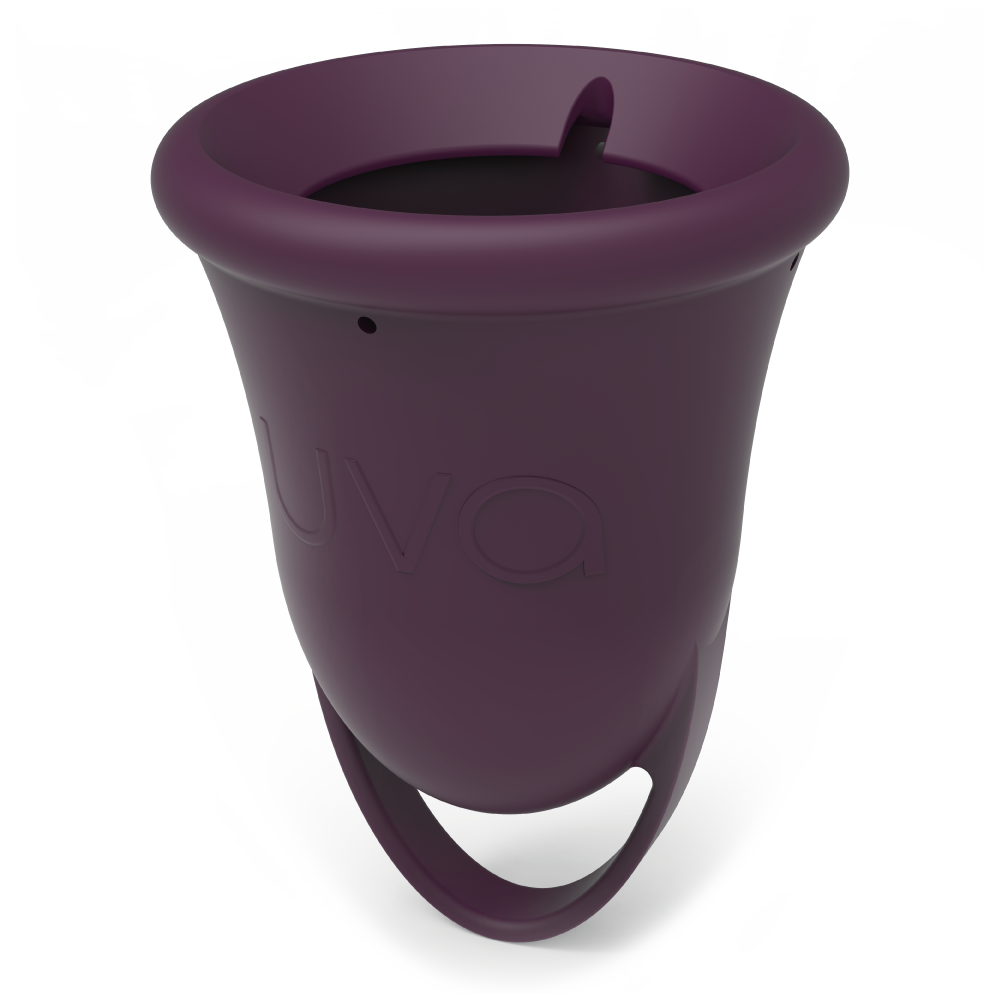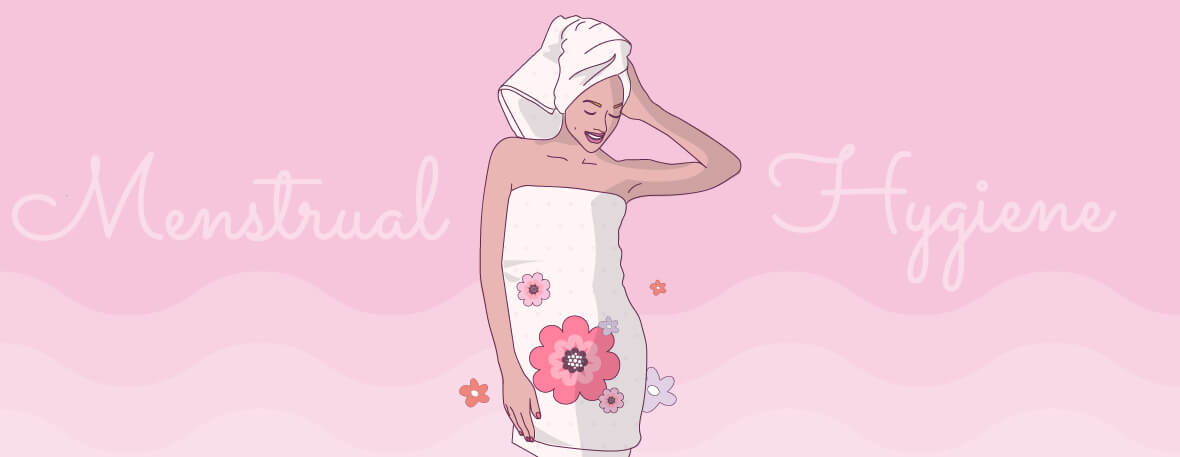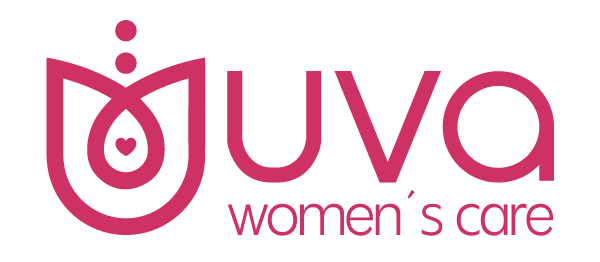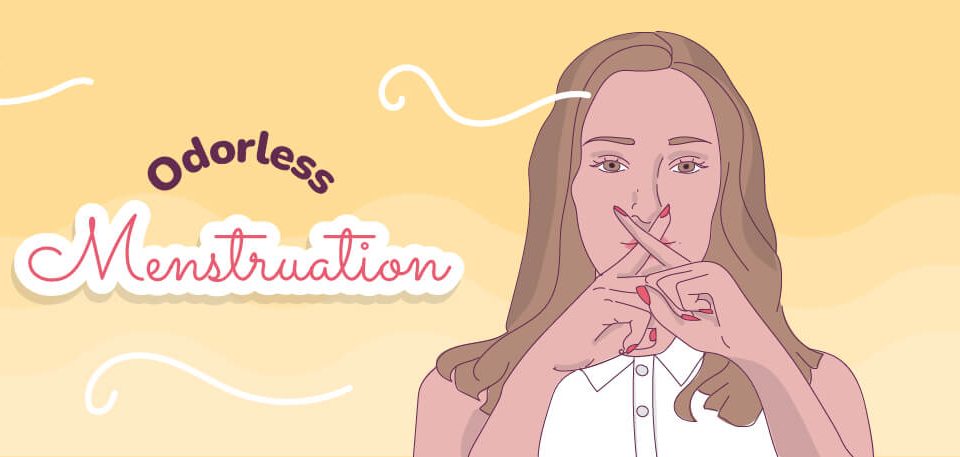 Store
StoreRECOMMENDED PRODUCT
Uva Menstrual Cup
Ultra-soft silicone for your comfort and peace of mind.
$29.99

 How to use the cup
How to use the cup- FAQ
- Blog
 Store
StoreRECOMMENDED PRODUCT
Uva Menstrual Cup
Ultra-soft silicone for your comfort and peace of mind.
$29.99

 How to use the cup
How to use the cup- FAQ
- Blog

Menstrual Hygiene
Menstruation is a natural part of a woman’s life cycle, but it can raise questions about the best way to maintain intimate hygiene. At Copa Uva, we understand the importance of feeling comfortable and safe these days, which is why we want to offer you a complete guide so that you know how to maintain intimate hygiene during the menstrual cycle, maintain health, and prevent possible infections or irritations.
Menstrual hygiene is not only a matter of comfort but also of health. Proper cleaning and the use of appropriate products can make a difference in your daily well-being during menstruation. Below, we present a series of tips and best practices that will help you feel fresh and protected.
Selection and Correct Use of Menstrual Products
The market offers a variety of menstruation management products, such as sanitary pads, tampons, menstrual cups, and absorbent underwear. Each option has its advantages, and it is important to choose the one that best suits your needs and lifestyle
. Sanitary pads are a common option and come in different sizes and absorbency levels. They should be changed regularly, every 4 to 6 hours, to prevent the proliferation of bacteria. Tampons, on the other hand, are a practical alternative for those who lead an active lifestyle, but it is essential to remember to change them every 4 to 8 hours to reduce the risk of toxic shock syndrome. Its constant change is essential to maintain intimate hygiene.
Reusable and eco-friendly menstrual cups are an increasingly popular option. Made of medical silicone, they are inserted into the vagina to collect menstrual flow and can be worn for up to 12 hours, depending on flow. However, it is crucial to maintain strict hygiene and sterilize the cup between uses. We recommend the UVA menstrual cup.
Absorbent underwear is another innovative option that offers protection without the need for additional products, ideal for light flow days or as a backup to other methods.
Hygiene During the Use of Menstrual Products
Regardless of the product you choose, hygiene is key. Wash your hands before and after changing any menstrual products. Be sure to follow the instructions for use and replacement for each product, and avoid prolonged use of the same item for longer than recommended.
Cleaning Practices
Proper cleaning is essential to maintaining intimate health and hygiene. During menstruation, it is sufficient to wash the external genital area with warm water and, if desired, with a mild pH-neutral soap. Avoid vaginal douches and products with strong fragrances, as they can upset the natural balance of vaginal flora and cause irritation or infections.
When wiping, always do it from front to back to avoid transferring bacteria from the anus to the vagina. In addition, wearing cotton underwear and changing them frequently helps keep the area dry and free of moisture, reducing the risk of infections.
Tips for Nighttime
During the night, you can opt for products with greater absorption to avoid leaks and change them as soon as you get up to maintain good hygiene. If you use night pads, make sure they fit snugly over your underwear to avoid shifting that could cause discomfort or stains.
Healthy Food and Habits
Menstrual hygiene is also influenced by your diet and lifestyle habits. A balanced diet rich in fruits, vegetables, and whole grains can help maintain a strong immune system and prevent infections. Staying hydrated is equally important, as it facilitates the elimination of toxins and keeps skin and mucous membranes healthy.
Regular exercise promotes blood circulation and can relieve menstrual cramps. However, it is important to shower after sweating to maintain hygiene and prevent bacterial growth.
Habits During Menstruation
Avoid wearing tight clothing and synthetic materials during your cycle, as they can limit ventilation and create a humid environment, conducive to infections. Opt for loose, breathable clothing that allows adequate air circulation. To ensure intimate hygiene, it is necessary to maintain a ventilated and dry waste area.
Medical Consultations
If you experience symptoms such as itching, burning, bad odor, or unusual discharge, it is important to consult a health professional. These may be signs of an infection or condition that requires medical attention. Do not ignore these symptoms, and seek advice to receive the appropriate treatment.
Gynecologist
Making regular visits to the gynecologist is part of proactive intimate hygiene. The professional can offer personalized recommendations and detect any problems in their early stages.
In conclusion, maintaining intimate hygiene during the menstrual cycle requires attention and care, but with the right advice, you can go through this stage with confidence and comfort. Remember that each woman is unique, and what works for one may not be ideal for another. Listen to your body and choose the practices and products that best suit your needs.
Now that you have the tools and knowledge necessary for optimal intimate hygiene during your menstrual cycle, we hope you feel empowered to live those days with peace of mind and security. At Copa Uva, we are committed to your well-being and invite you to explore our range of products designed for your intimate health. Visit our website and find out how we can help you maintain a healthy and comfortable lifestyle all month long.











